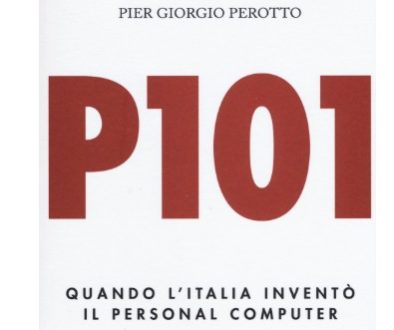The wild idea of independence through the regional body
5) international constraints: a state can be born, join, break up with, melt and die. As a person is a subject of law, But it is in international law. As explained, the regions are not subjects of international law, if not for the little “delegation” given by the respective states, who are always ready to withdraw the delegation to “bad guys”. the states, when they are not legally dead or gone, they can demand freedom by acting as subjects in international law according to the planned mechanisms. On this basis, the various states of ex-Yugoslavia have returned sovereign, and those of CzechSlovakia. That's why Poland has returned to Sovereign and Scotland will probably return. For the same reasons, the Lombard-Veneto kingdom can return sovereign (seen below). the states, like people, They have rights, inheritance, of credits. International law would like each state to have only one people, and that every people had its own state, But that's almost never that. As said with the self-governing law (valid from 1840) Poples have been protected to decide at least the mergers of states. Then, with the right to self-determination (valid from 1966) The right to implement their will was also given, but only in certain cases. the “region” does not fit into these. Even to parts of the people that have been annexed, some right was given, Europe since 1997 they are called “national minorities”. In short, peoples are subjects of international law, which however are defined by language, History, Ethnic and social similarity….. certainly not because governed by the same administrative region of a state “allogeno”.
In other words, peoples have the right of self -determination, but exclusively members of the people, therefore on an ethnic-national basis, through an autonomous international representation.





